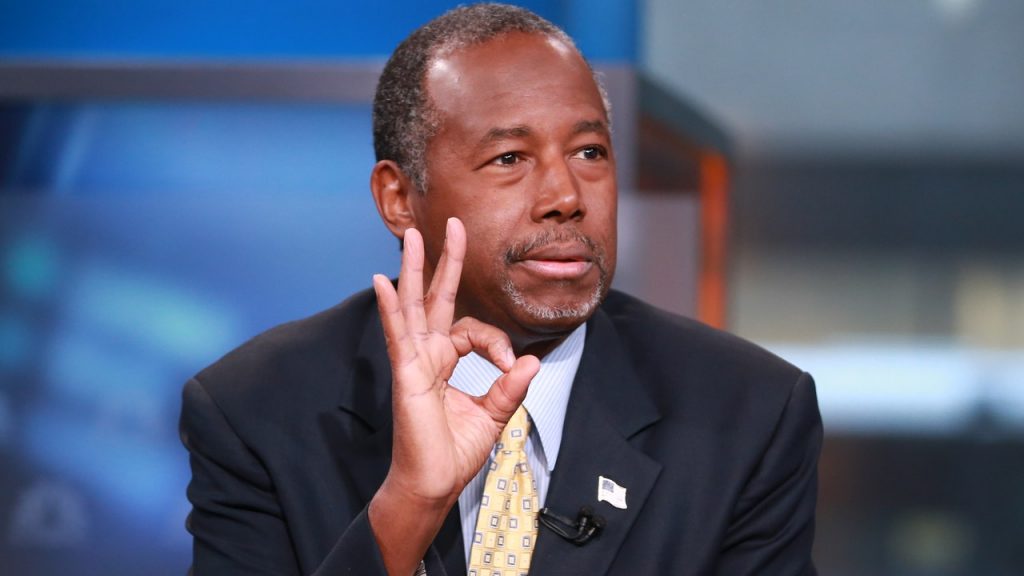The Department of Housing and Urban Development is looking for advice on how “Opportunity Zones” can be used to better benefit communities and the residents who live within them. To that end, it’s seeking public comments for ideas on how to achieve this.

The government-backed Opportunity Zone Program was initiated under the Tax Cuts and Jobs Act of 2017, and is aimed at boosting economic development in “distressed areas” through tax breaks for real estate investors. So far, 8,700 communities in the U.S. have been designated as Opportunity Zones that are said to be ripe for revitalization.
Now, the HUD is asking the public to share its knowledge and provide recommendations for what kinds of public and private investments might work in each of the Opportunity Zones. The HUD is also asking if it’s worth creating a special information portal on these zones to better inform the public.
The plea comes despite the fact that most Opportunity Zones have failed to get off the ground so far. The government said at the time the initiative was created that it hopes to attract around $100 billion in private capital, but that money hasn’t really materialized so far.
A recent Bloomberg report says the Opportunity Zones have created a “frenzy” among real estate firms touting the tax benefits to be had, but the evidence shows that most investors are holding out for more clarification of the rules and the exact benefits to be had. A second round of regulations is due to be published in the next several weeks to provide further clarity. The HUD’s hope is that this will be enough to turn on the investment tap.
“Opportunity Zones present tremendous promise for America’s distressed communities,” said HUD Secretary Ben Carson in a statement. “Through [HUD’s] request, we are looking to better understand how HUD can better tailor its policies and help Opportunity Zones create more positive economic outcomes for the millions of Americans that live in these areas—and for our country as a whole.”